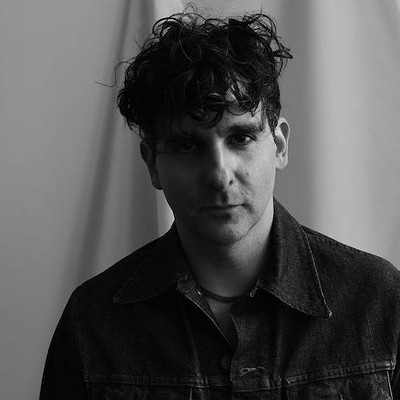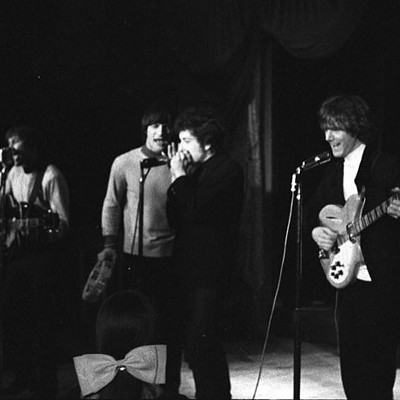If there's one thing artists hate, it's record labels. Like managers, they were a necessary evil for the music business throughout much of the previous century, at least until piracy and digital uploading became a thing.
The way it worked in the olden days, though, was that a record label would give an artist money to record, but then in most cases the label would want a great deal of input on the actual content of the album. If the music on the album didn't meet the standards of the label, they would often step in and complain until the artist got it right or shelve the album altogether and drop the artist (see Wilco's ordeal with Reprise Records over Yankee Hotel Foxtrot.
Some artists, once they were established enough as geniuses, felt justified in thumbing their nose at their record labels when such creative interference was imposed on them. Some would completely break their contracts and jump ship to a more forgiving label.
Other times, they would record something even more offensive and unsatisfactory to the label just to troll them. These projects were often intentionally bad, but the strange thing is that some people are so good they can't help but make good albums even when they're not trying.
It's an urban legend that Marvin Gaye intended for Here, My Dear to be a shit album to screw his label and his ex-wife who had been awarded all the royalties from his new albums. But some artists actually did try to do things like that and made some quirky oddities that just might be good depending on who you ask.
5. Prince, Chaos and Disorder: In 1996, Prince was still embroiled in a bitter battle over creative control with his record label, Warner Bros. The primary concern at that point was that WB refused to release multiple Prince albums a year, and Prince felt like they weren't promoting him enough. To fulfill his contract, Prince had been working at light-speed to produce albums for WB.
The last one he needed to deliver was this one: Chaos and Disorder. Just that one last album and he would be free. Why not take the opportunity to fuck with the label a bit? So Prince recorded what he considered a quick, shitty album. The irony is that Chaos and Disorder ended up being his most fun, least daunting, and most straight out rocking album in years, if not his entire career up to that point.
There were no genre indulgences, just rock and roll songs in the vein of "Play In the Sunshine" or "Let's Go Crazy." For the rock-guitar segment of Prince's fanbase, this one remains a favorite despite its tossed-off nature.
4. Lou Reed, Metal Machine Music: Stories vary around the origin of Metal Machine Music. Was Lou Reed just really high when he made it? Was it simply contract fulfillment? Was it a career sabotage? Was it genius? Was it shit?
We'll probably never know the true story, but there's enough rumors around the circumstances of it that involve Lou Reed saying fuck you to his label (and his fans) for it to make this list anyway.
Metal Machine Music is 64 minutes of pure noise produced from guitar feedback and effects. There are no traditional melodies to be found. Regardless of why Reed made it, it has been consistently viewed as one of the worst albums ever made (though not as bad as Lulu).
Yet others have seen it as a work of art and brilliance. Since its release, it has been highly influential on the avant-garde and noise rock genres. Artists like Sunn O))) and Merzbow owe their origins almost entirely to Reed's misunderstood epic.





